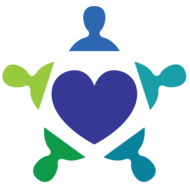It's getting hot out here: Visualizing Thermal Energy and Heat Islands
(View Complete Item Description)This 10-lesson sequence designed for a sixth grade science course explores the following questions: How can humans lessen the harsh effects of extreme heat?How does surface cover affect surface temperature? / Why do different materials experience differences in surface temperature?How might human activities impact the temperatures in the different communities?How can humans mitigate the effects of heat islands?Using the framework from Dr. Gholdy Muhammad outlined in her book Cultivating Genius, each lesson pays special attention to looking at pursuits in identity, skills, intellect, criticality, and joy to support equity in the classroom. Please Remix this template for your purposes.
Material Type: Unit of Study


